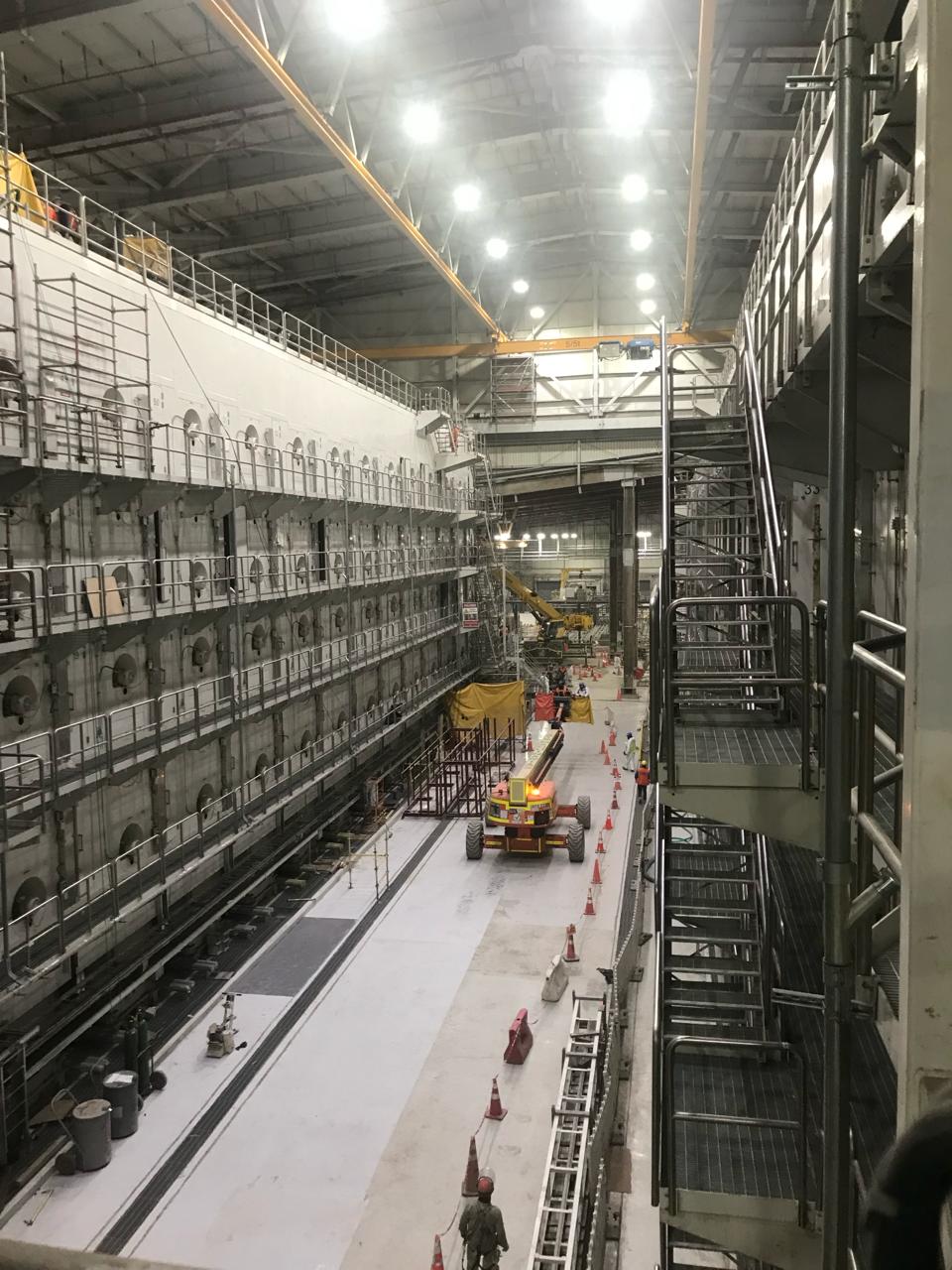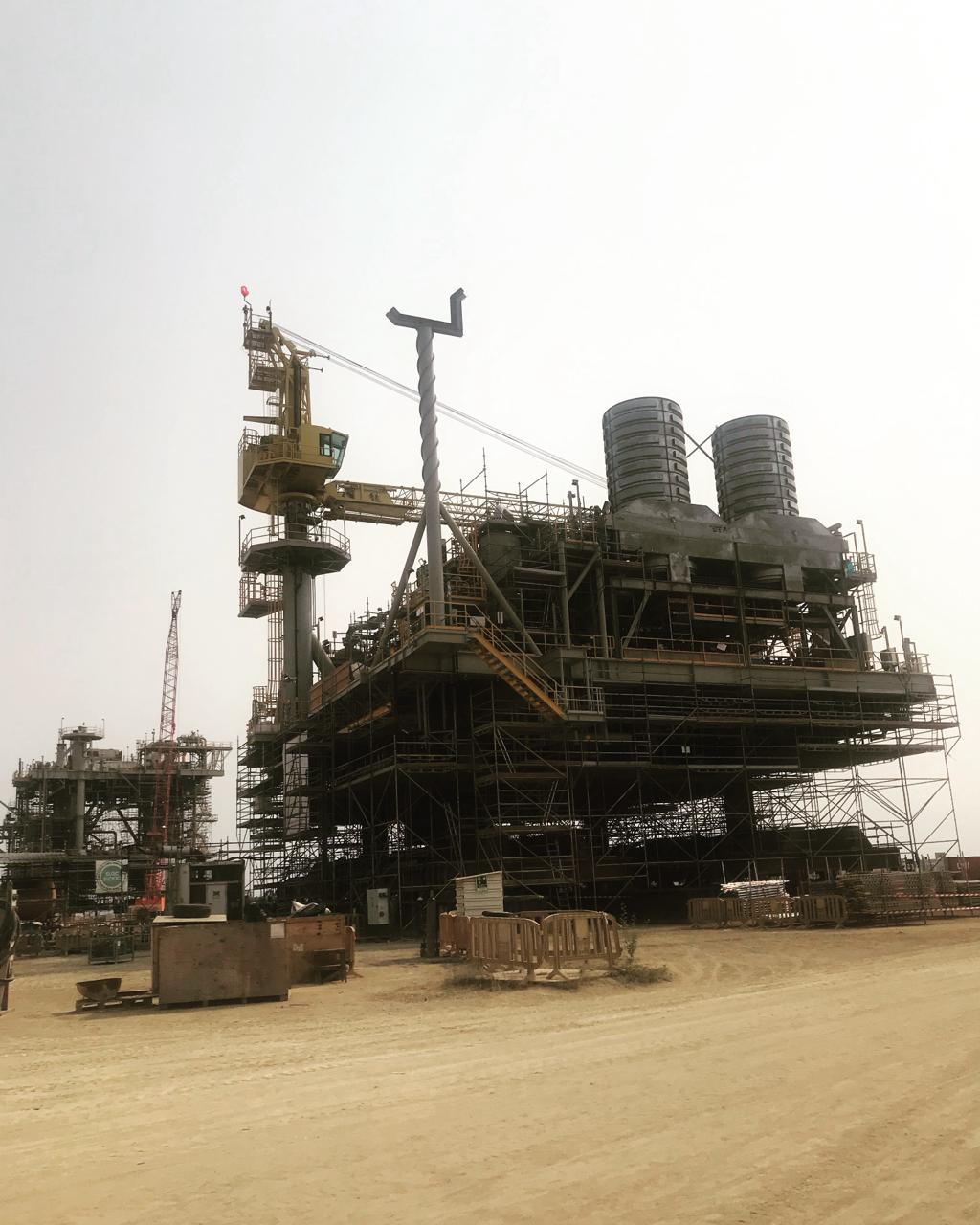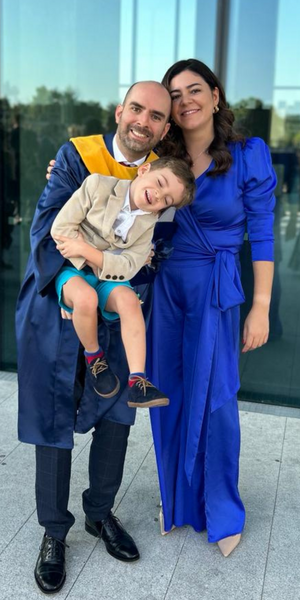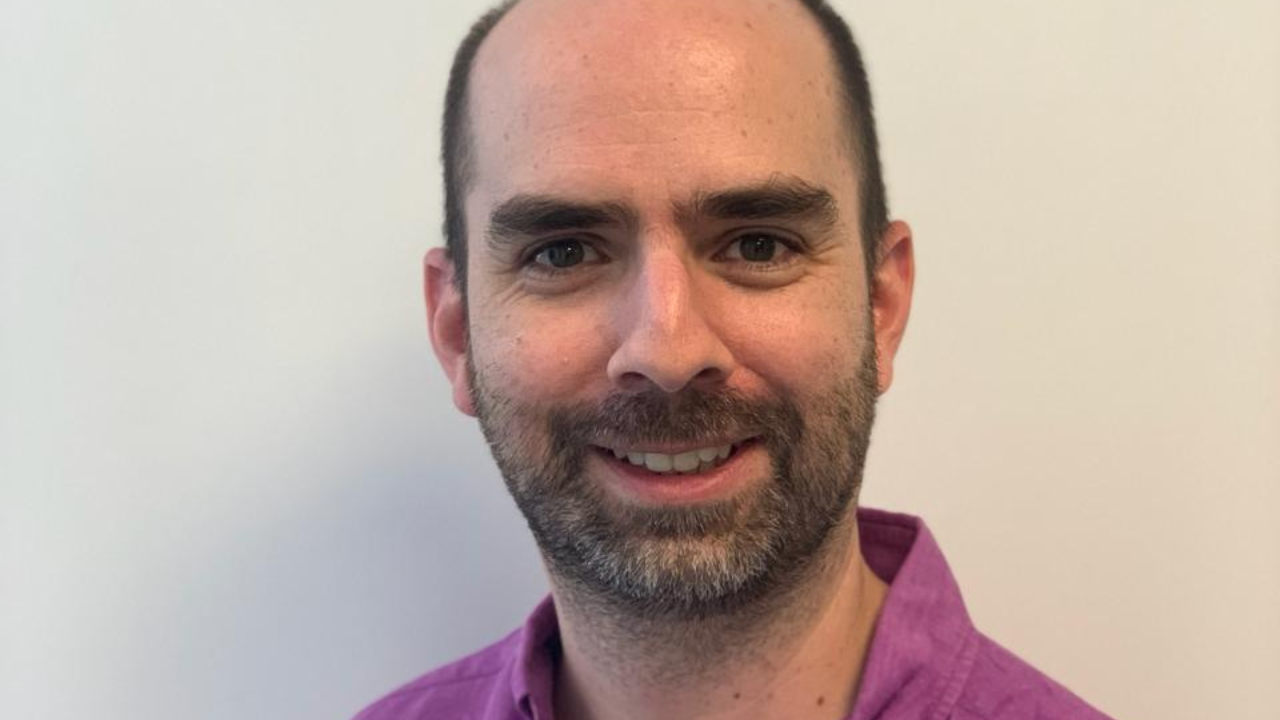PROFILE: Juan Horrillo
Juan Horrillo represents the younger generation of experts at Epeus, though that doesn’t mean he lacks experience. Quite the opposite, in fact. We caught up with him recently at his home in Dubai.
What have you been working on for Epeus in the past 12 months?
It’s been a rollercoaster. I’ve been on four continents. At the start of last year, I was down in Chile working on the contractual closedown of a bioproducts plant. One of the challenges was that they’d developed the contract during Covid. By the end of the project, the contract setup contained high risks to the client, due to change orders, and was preventing closure.
Later that year, I flew to the Paris head office of an integrator in the oil and gas industry we’d been helping with a major construction project. I spent two months onsite down on the west coast of Africa helping oversee the final onshore activities of construction. Then I continued to support that project from Paris again, and from my home in Dubai.

What were some of the highlights of the past year?
It’s always a thrill to be involved in such large projects with several hundred million dollars at stake. Some of the work is meaty and highly engaging, and some is more process-driven and a bit ‘business as usual’. But overall, these are interesting puzzles to work on.
In July, a big highlight was finishing my MSc in Business Analytics & Big Data at IE University in Madrid. It was challenging but enjoyable, and great to be back in a classroom sharing ideas and insights with my classmates. [Note: Juan was also featured in the university’s newspaper here.]
What was the purpose of doing an MSc?
I’m genuinely interested in how big data is affecting every business, and projects and energy are no exception. It’s also good to step back from day-to-day practice and look at the bigger picture of the whole project engineering domain and see what can be done differently with new tools and skills. I’m a lifelong learner, so I wanted to build on the practical foundations I’ve developed.
Does this directly play into your role at Epeus?
Absolutely! Like every other company, we’re looking into AI and how it can improve outcomes for our clients. And make us more effective, too. So now I’m heading up a new practice area within Epeus for Big Data & AI.
What we do is all about foresight—assessing project risk, schedules, and so on—and oversight, which means monitoring performance and sensing when conditions change and taking appropriate action. It’s all in service to clients getting ever better at predicting project outcomes. We can capture data throughout the project. It becomes especially useful at the hindsight stage when we’re looking back and seeing what we can learn for the next project. The kind of large projects we get involved with generate so much data that we can find different patterns within them than a standard project wash-up might.
 You mentioned that one client was in oil and gas, while the other is in bio products. How do you compare the way these clients work?
You mentioned that one client was in oil and gas, while the other is in bio products. How do you compare the way these clients work?
Well, in one sense the oil and gas clients can be seen a bit like a dinosaur. Many of their processes and approaches have been developed over decades. Operationally, health and safety are paramount, and their engineering is extremely advanced. But there’s still a big different between operations and projects to get assets drill or production ready.
Firms involved in renewable sectors, such as CHP boilers, like to think of themselves as more streamlined and agile. But, often, they lack the processes that would save them a lot of headaches. And sometimes there’s simply an issue with resources constraints for key roles.
For example, on the construction project in Africa, I was one of four people dedicated to my area of the project. In the Chilean project, however, I had sole responsibility for that contract work. Likewise, the manager on that project would say stuff like, ‘I know we’re very light on process compared with what you’re used to in oil and gas.’ But they’re still maturing on that side and receptive to knowledge transfer from other industries.
Can you see ways to take the best of both approaches?
Yes, I’ve been thinking a lot about how we can help these two kinds of companies integrate the best of each model. It’s not really a question of one type being better than the other. Every company running major projects needs the minimum set of companywide processes to enable the project to strategize and plan with a robust overall approach. Then they should adopt processes according to the project’s specific context, so they are resilient enough to account for the inevitable knocks and shocks.

What are you looking forward to in 2024?
Although I’m Colombian, I live in Dubai with my wife and five-year-old. Our second child is due in March. So, in the coming months at least, I’m looking forward to a little more desk work and not quite so much globetrotting.



